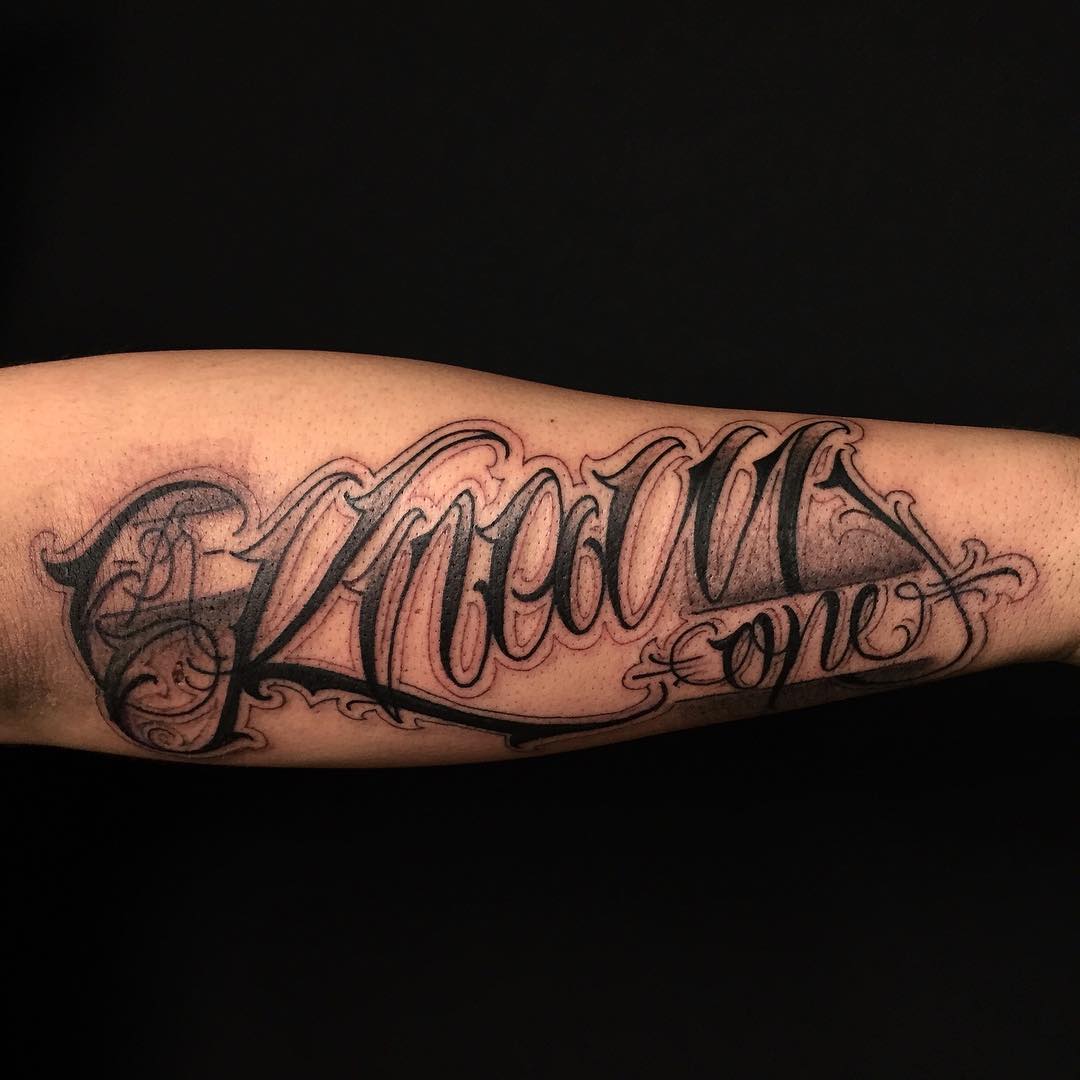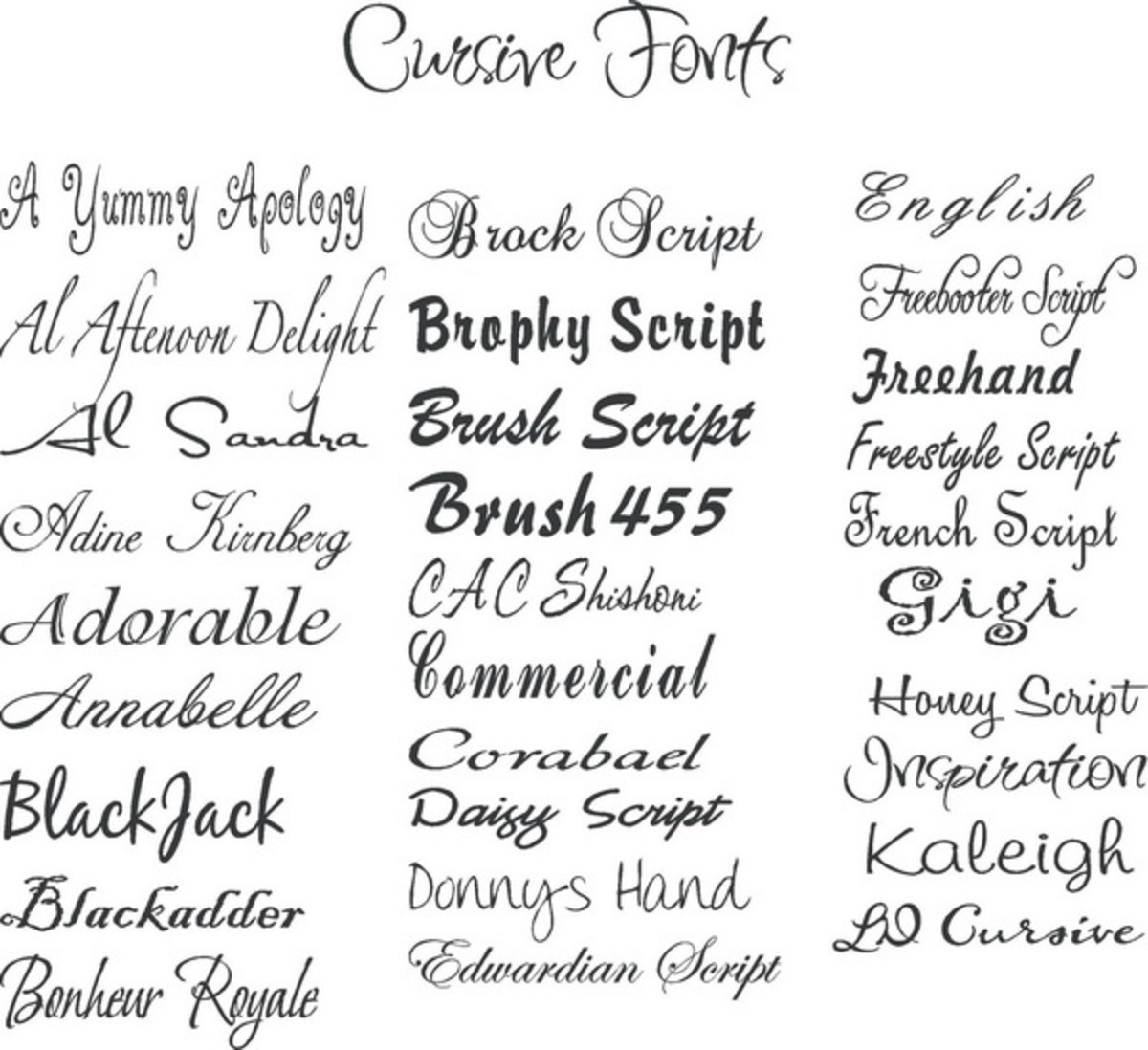Tattoo lettering, an art form that combines calligraphy and tattooing, has evolved significantly over the years. It offers a unique way to express oneself through the power of words and letters, permanently etched onto the skin. From classic and elegant styles to modern and artistic interpretations, tattoo lettering has become a popular choice for those seeking meaningful and visually appealing body art. This article explores the diverse world of tattoo lettering styles, delving into their origins, characteristics, and the intricate process of creating these permanent masterpieces.
The Evolution of Tattoo Lettering Styles

Tattoo lettering has a rich history that spans across different cultures and time periods. The art of adorning the body with words and symbols has been practiced for centuries, with each civilization adding its unique twist. From the intricate calligraphy of ancient China to the symbolic tattoos of Polynesian tribes, lettering has always played a significant role in tattoo culture.
In the modern era, tattoo lettering has undergone a renaissance, driven by the desire for personalized and meaningful tattoos. Artists have drawn inspiration from various sources, including traditional calligraphy, typography, and even graffiti, to create a vast array of lettering styles. This evolution has led to the development of unique and distinctive alphabets, each with its own aesthetic and cultural significance.
Classic Tattoo Lettering Styles

Classic tattoo lettering styles often evoke a sense of tradition and nostalgia. These styles are characterized by their simplicity, readability, and timeless appeal. Here are some of the most popular classic lettering styles:
Old English
Old English, also known as Blackletter or Gothic script, is one of the most iconic tattoo lettering styles. It features thick, bold strokes and intricate serifs, creating a bold and majestic appearance. Old English lettering is often associated with traditional tattoos and is commonly used for names, quotes, and slogans.
Script
Script lettering mimics elegant handwriting, with flowing curves and graceful lines. This style is perfect for those seeking a more refined and delicate tattoo. Script lettering can be used for sentimental phrases, poetry, or even single words to add a touch of elegance.
Block Letters
Block letters, also known as stencil or capital letters, are a straightforward and versatile style. These letters are characterized by their simplicity and lack of decorative elements. Block lettering is often chosen for its clean and modern look, making it suitable for names, dates, or short phrases.
| Lettering Style | Example |
|---|---|
| Old English | Bold, intricate letters with a traditional feel |
| Script | Elegant and flowing, reminiscent of handwriting |
| Block Letters | Simple, modern, and easy to read |

Modern and Artistic Lettering Styles
Modern tattoo lettering styles push the boundaries of traditional calligraphy, incorporating innovative techniques and artistic interpretations. These styles often reflect the unique personality and creative vision of the artist and the client. Here are some contemporary lettering styles gaining popularity:
Geometric Lettering
Geometric lettering is all about precision and symmetry. Artists use geometric shapes and lines to create letters, resulting in a bold and modern aesthetic. This style often incorporates triangles, circles, and other geometric elements, adding a unique twist to traditional lettering.
Brush Script
Brush script lettering mimics the fluidity and spontaneity of brush calligraphy. Artists use varying pressure and stroke thickness to create letters that appear hand-painted. This style is perfect for those seeking a dynamic and expressive tattoo, often used for quotes or phrases with a personal touch.
3D Lettering
3D lettering takes tattoo lettering to a whole new dimension (quite literally!). Artists use shading, highlighting, and perspective to create the illusion of depth and volume. This style is highly detailed and often requires intricate work, resulting in eye-catching tattoos that seem to pop off the skin.
| Lettering Style | Description |
|---|---|
| Geometric | Precise and symmetrical, incorporating geometric shapes |
| Brush Script | Fluid and expressive, mimicking brush calligraphy |
| 3D | Illusionary and detailed, creating a three-dimensional effect |
The Art of Tattoo Lettering: A Collaborative Process
Creating a tattoo lettering masterpiece is a collaborative journey between the artist and the client. It involves careful consideration of various factors, including the chosen style, font size, placement, and overall design. Here’s a glimpse into the intricate process:
Consultation and Design
The first step is a thorough consultation, where the artist and client discuss the desired tattoo, its meaning, and the preferred style. The artist then creates a custom design, taking into account the client’s preferences and the natural contours of the body. This process ensures that the tattoo not only looks aesthetically pleasing but also fits harmoniously with the body’s natural lines and curves.
Choosing the Right Style
Selecting the appropriate lettering style is crucial. The artist and client work together to choose a style that aligns with the tattoo’s purpose and the client’s personality. Whether it’s a classic, timeless look or a modern, artistic interpretation, the style sets the tone for the entire tattoo.
Precision and Technique
Tattoo lettering requires a high level of precision and technical skill. Artists use specialized tattoo machines and needles to create the desired effect. The thickness of the lines, the depth of the shading, and the overall balance of the letters are all carefully considered to ensure a flawless result.
Healing and Aftercare
Once the tattoo is complete, proper aftercare is essential to ensure the tattoo heals beautifully. Artists provide guidance on cleaning, moisturizing, and protecting the tattoo during the healing process. Following these instructions ensures that the tattoo maintains its vibrant appearance and clarity over time.
Tattoo Lettering: A Personal Expression

Tattoo lettering is more than just a collection of letters; it’s a powerful form of self-expression. Whether it’s a beloved quote, a significant name, or a symbolic phrase, tattoo lettering allows individuals to wear their stories and beliefs proudly on their skin. It’s a way to immortalize meaningful words, creating a permanent reminder of what truly matters.
From classic and elegant styles to modern and artistic interpretations, tattoo lettering offers a diverse range of options to suit every taste and personality. Whether you're drawn to the traditional elegance of Old English or the innovative flair of 3D lettering, the world of tattoo lettering provides endless opportunities for creative self-expression.
How do I choose the right tattoo lettering style for me?
+Choosing the right tattoo lettering style is a highly personal decision. Consider your preferences, the meaning behind the tattoo, and your overall style. Research different styles and consult with experienced tattoo artists to find the perfect match for your vision.
Are there any popular trends in tattoo lettering right now?
+Tattoo lettering trends are constantly evolving. Currently, geometric and 3D lettering styles are gaining popularity, offering a unique and modern twist. However, classic styles like Old English and Script remain timeless favorites.
Can I combine different lettering styles in one tattoo?
+Absolutely! Many tattoo artists are skilled at blending different lettering styles to create unique and personalized tattoos. This can be a great way to incorporate multiple elements and add depth to your tattoo design.